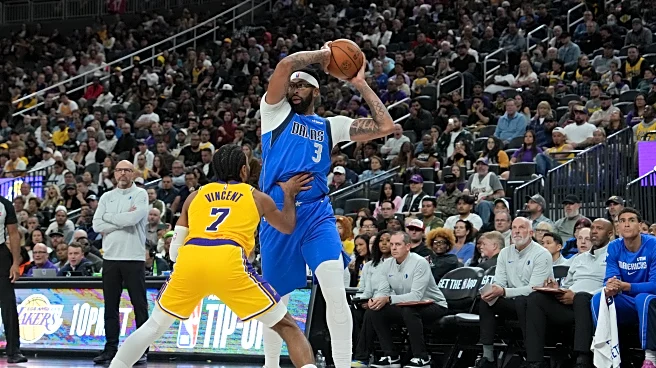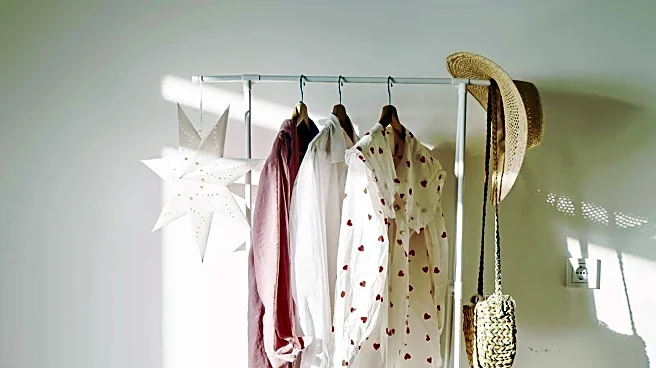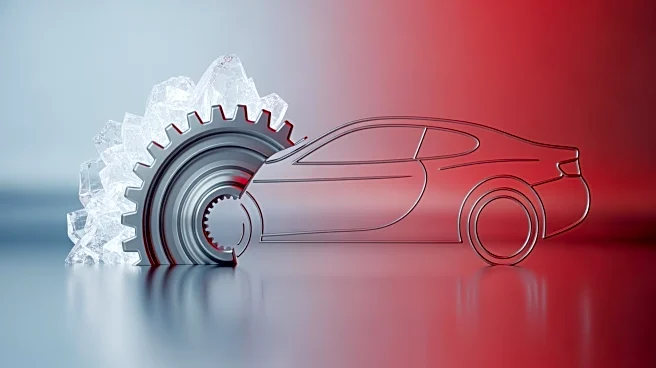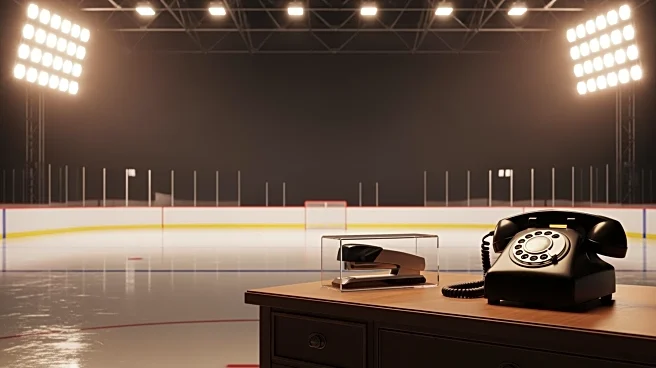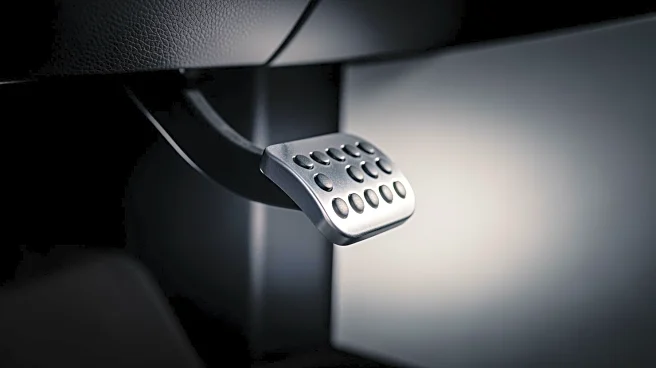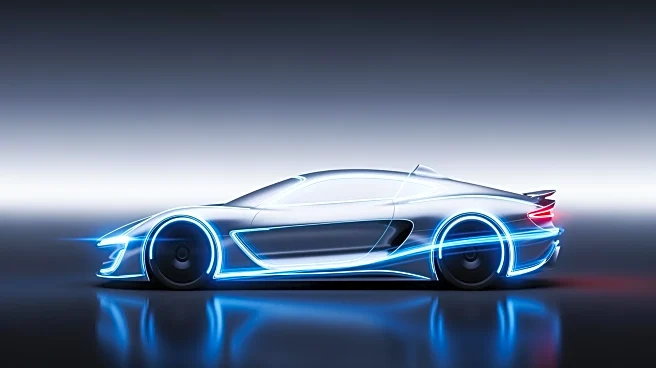“…re Nico!”
clap-clap clap-clap-clap
“FIRE NI-CO!”
clap-clap clap-clap-clap
The sounds of the irritated mob found him. Empty souvenir beer cups in one hand, foam fingers encasing the other, and tens of thousands
of eyes ablaze with fury, fans roared their disapproval as they sought their pound of flesh. Not from the players who gave each other and the opposing team bittersweet and solemn dap as they slunk off the court following the most recent addition to the tally of their now 7-13 record in the first of a promised “three-year championship window.” No, there would be little to no ire for them. Their target nowhere in sight, the angered masses yelled and stomped until the arena shook with their displeasure, hoping the disappointment would seep through the concrete walls and find him wherever he was.
It did.
Nico Harrison stood alone, legs shaking and ears ringing with the raucous noise of thousands of zealous voices in his favorite not-so-quiet place of escape: the now cleared hallway that led to his usual in-game seat. As the building’s unnerving creaking and the crowd’s thunderous anger grew, and he wondered how he could slink his way out of the culmination of all his failures…a miracle happened. The buzzing of his cell phone stopped his frantic pacing in its tracks, and he prayed not to see the name “Rob Pelinka” on the caller ID. Not now.
However, a miracle was about to occur indeed. The area code of the incoming call was 313, and the caller came bearing a lifeline.
Now, I know what many of you are thinking, “two more injury-prone players and TOBIAS HARRIS?”
That’s right.
Jaden Ivey is the kind of skilled athlete/perimeter scoring threat that this franchise will need to complement talents like Cooper Flagg and Dereck Lively II going forward. In the 30 games he was able to play before injury last season, Ivey averaged 17 ppg, four apg, and four rpg on 46/41/73 shooting splits. That 41% from three-point range was on five (5.0) attempts per game, and while nearly 75% of his made threes were assisted, they came while splitting time with one of the premier young ballhandlers in the league in Detroit’s Cade Cunningham. Ivey, at last sight, presented a much coveted offensive threat both on and off ball with his speed, shooting, and ability as a playmaker. To make it sweeter, all of these skills would gain a boost by forming pick-and-roll chemistry with one of the Mavericks’ premier young players in Lively II.
Caris LeVert is a three-level scorer who has shot 37% or more in 2 of his last three seasons and averaged four assists per game for his career despite being a sixth man for most of it. He would be a necessary guard/wing depth piece that the Mavericks could certainly use on a roster dying for Max Christie, Jaden Hardy, and Caleb Martin to produce offensively.
Tobias Harris mainly serves as salary ballast for this trade. Still, he is a veteran forward on an expiring deal who would likely be eager to squeeze one last decent-sized payday out of his body before Father Time can ring the final 10 seconds bell on his career. Tobias has proven to be a durable, capable offensive forward who can punish smaller players switched onto him, occasionally make opponents pay for leaving him open in the corner, and hold his own defensively against slower forwards and centers. For a simple season of depth, you could do much worse.
Almost as crucial as Ivey, the two unprotected first-round draft picks loom large in this potential deal, given the Mavericks’ own nearly bare cupboard of tradeable draft assets. A Pistons first-round draft pick in 2027, a year where the Mavericks will be unable to use their own or any others as of now, would be nice. However, it would be unlikely to bear a lottery selection given Cunningham will be in his prime and Davis likely still in the tail end of his own as well. A 2029 first-rounder, however, is far more intriguing. Another year where the Mavericks have traded away their own first-round pick, but at least Rob Pelinka, good friend that he is, took pity on his old pal Nico enough to slide him the Lakers’ 2029 pick, right? However, if Davis exits his prime for good, whether by natural physical deterioration or injury, that pick becomes a lottery ticket that could amount to something key to the Mavericks’ rebuild around Cooper Flagg in the long run. Personally, I would ask for another pick swap or two included in the deal, but the principle is in line with the kind of return I would be seeking.
This trade will likely never come to be. The team may never perform poorly enough in management’s eyes. The Dallas Mavericks organization may never hear the cries of its fans clearly enough to consider pressing the eject button, especially not as early as suggested here. I can hope, though.
